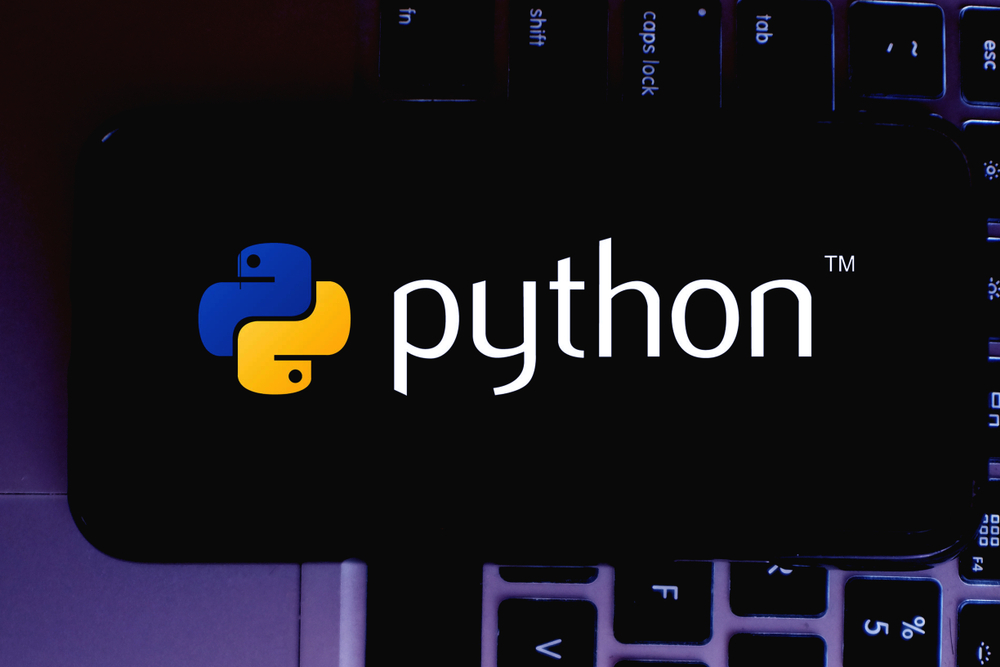Uses of Python Application in Real World
Python is free and easy to learn. The main features are that it is high level, dynamically typed, and interpreted. This makes debugging bugs easy and encourages rapid prototype development of applications that mark themselves as the programming language. It’s Dynamic typing, integrated data structures, powerful libraries, frameworks, community support are just a few of the reasons that make Python an attractive language for the rapid development of any type of application. In this article, we’re going to look at some of the areas where Python excels in application development.
What Makes Python The Best ?
Here are some of the most notable features of Python that make it a great tool for professionals of all skill level
Python – Simplicity
Besides being easy to learn, Python is easy to use and implement. With an English-like syntax
An Open-Source Language
Python – it’s open source. This means that the Python source code is freely accessible to the public. You can download it from the website. In addition, Python supports the FLOSS (Software Free / Libre and Open Source) model.
It’s a High-Level Language
Since Python is a high-level language, you don’t need to remember the architecture of the system or deal with memory. This feature increases the ease of use of Python.
Interpreted
This means that instead of running the source code all at once, Python runs it line by line. This makes it easier to debug Python code because you can do it while writing the code.
Python Applications and Their uses in Real World
Cross-platform operating systems are supported by Python, making building applications even more convenient. Some of the world-famous apps like YouTube, BitTorrent, DropBox, etc. use Python to access their functionality.
Have a look at the applications that are listed below as Python Applications that are used in Real World.
- Web Development
- Game Development
- Machine Learning and Artificial Intelligence
- Data Science and Data Visualization
- Desktop GUI
- Web Application Scraping
- Commercial Applications
- Audio and Video Applications
- CAD Applications
- Integrated Apps
Let’s discuss them in detail to know more
1. Web Development
Python can be used to build high-speed web apps. Why that? This is because of the frameworks that Python uses to build these applications. The backend Programming logic is common which goes into creating these frameworks and a number of libraries that go into integrating protocols such as HTTPS, FTP, SSL, etc., and even dealing with JSON, XML, email, and more can help further.
2. Game Development
Python is also used in interactive game development. Libraries such as PySoy, a 3D game engine that supports Python 3, PyGame that has resources, and a library for game development. Games like, Disney’s Toontown Online, Vega Strike, Civilization-etc. were created with Python.
3. Machine Learning and Artificial Intelligence
Mechanical engineering and artificial intelligence are the talks of the town as they bring the most promising careers for the future. We let the computer learn from stored data based on previous experience, or better yet, we create algorithms by which the computer learns itself. The programming language that almost everyone chooses? It’s python. How come? These domains are supported by existing libraries such as Pandas, Scikit-Learn, NumPy, and many more.
4. Data Science and Data Visualization
Data is money if you know how to extract relevant information that can help you take calculated risks and increase your profits. You study the data you have, perform operations and extract the necessary information. Libraries like Pandas and NumPy help manage information. You can even view data libraries like Matplotlib, Seaborn, which are useful for setting up charts, etc.
5. Desktop GUI
We use Python to program desktop applications. It provides the Tkinter library which can be used to develop user interfaces. There are other useful toolkits like wxWidgets, Kivy, PYQT which can be used to build apps on different platforms.
You can start by creating simple apps like calculators, do-it-yourself apps and continue to build much more complex apps.
6. Web Application Scraping
Python is always a savior when it comes to collecting a big amount of data from web pages which can be useful in various real-world processes such as price comparison, job posting, research, and development, etc.
7. Commercial Applications
Business apps are different from our normal apps which deal with areas like e-commerce, ERP, and many more. They require applications that are scalable, extensible, and easy to read, and Python gives us all of these features.
8. Audio and Video Applications
We use Python to develop applications that can multitask as well as read media. The audio and video applications such as Cplay and TimPlayer, are built with Python libraries. These can offer better stability and performance as compared to other media players.
9. CAD Applications
Computer-aided design is quite difficult because there are so many things to do. Objects and their representation, functions are only the tip of the iceberg for something like this. Python makes it easy, and the most popular CAD application is Fandango.
10. Integrated Apps
Python is C-based, it can be used to create C embedded software for embedded applications. This helps us run higher-level apps on smaller devices that can Python compute.
We use Python in a wide variety of applications. No matter what field you are in, Python pays off. Hope you understand Python apps and what makes them different from all other programming languages.
Once you understand Python applications, be sure to check out the Python Training in Pune from 3RI Technologies a trusted and fastest-growing training Institute with a huge network of satisfied students to date.
